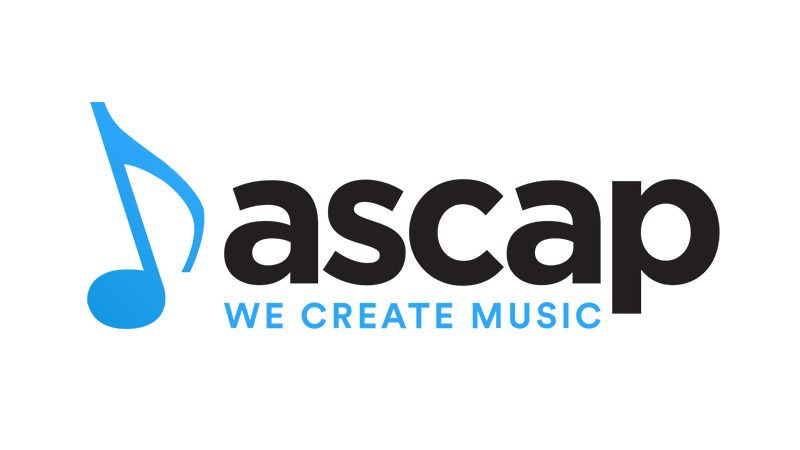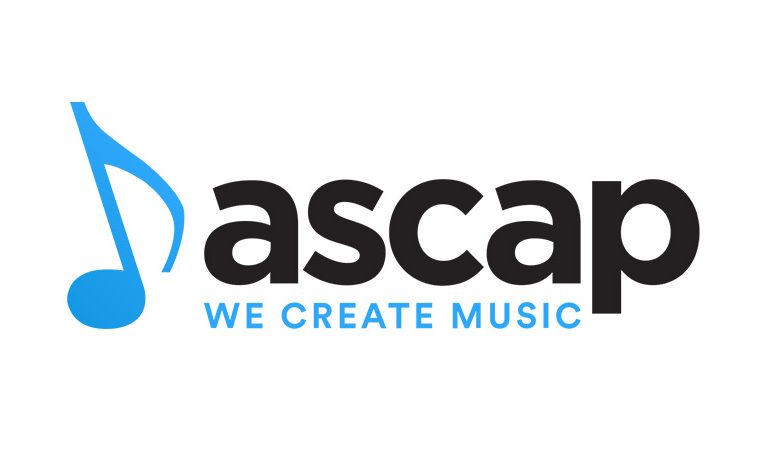
ASCAP, the American Society of Composers, Authors and Publishers, submitted a comprehensive response on Friday, April 11 to the US Copyright Office’s February Notice of Inquiry (NOI) in response to licensees seeking to pay less to songwriters and composers for the public performance of their music. Representing over one million members, ASCAP’s response warns that further regulation of the performance rights marketplace would cause immeasurable harm to music creators. The full text can be viewed here.
“Licensees are seeking more regulation of PROs because they want to pay songwriters less,” said ASCAP Chief Executive Officer Elizabeth Matthews. “If transparency, efficiency and innovation are the goals, more free market competition among PROs is the answer – not unnecessary government intervention.”
As the only member-led U.S. PRO and the only one that operates on a not-for-profit basis, ASCAP’s submission to the Copyright Office emphasizes several key points:
- Collective licensing through PROs generates valuable procompetitive efficiencies for both the creators and users of music. It provides users of music with licensing options, incentivizes innovation and provides songwriters and composers with agency to choose between PROs based on their needs and the factors that matter to them, including distribution policies.
- Songwriters and composers are some of the most heavily regulated small business owners in the country. The majority of ASCAP’s songwriter, composer and publisher members are working composers and songwriters and small business owners who depend on the performance rights royalties collected by ASCAP as a major source of their income, if not their only source. It is therefore critical to ASCAP’s members that ASCAP is not burdened with any additional regulations that decrease the efficiency of its operations and, as a consequence, diminish the amount of royalties available for distribution to its members. ASCAP believes further regulation of the performance rights marketplace is not only unnecessary but would cause immeasurable harm to the very group the copyright law was meant to protect – our nation’s music creators.
- Royalty distributions are between PROs and the music creators they represent. Distribution matters should be decided between music creators and their chosen PROs, not by licensees or government entities. ASCAP’s member-elected Board of Directors, made up of 12 writers and 12 publishers of music, establishes the rules and regulations that govern its distributions, and ASCAP refines and improves its distribution policies as the market evolves.
- The PRO system works. Without ASCAP and other PROs, music users that perform more than a few musical works would face the prohibitive expense of countless negotiations with a multitude of copyright owners. Apart from a PRO, no entity could efficiently monitor the trillions of performances that occur annually – in a plethora of ways and across various media – in order to efficiently distribute the fees paid for such performances. Music licensees are simply trying to pay less for music than they would in a free market negotiation.
ASCAP’s submission is bolstered by support from thousands of members who submitted individual comments to the Copyright Office. These testimonials affirm that the PRO system works, and they highlight the vital role ASCAP plays in ensuring music creators are paid fairly by the businesses that depend on music to attract customers. Especially for songwriters who do not perform their music live, the support of PROs can be the difference between making ends meet and needing to step away from the music industry.
“Through every twist and turn of my career, ASCAP has ensured I am paid fairly and efficiently – no matter if I am the one performing my music live, if it is streamed, or if other performers are covering my songs,” wrote Rock & Roll Hall of Famer and five-time Grammy Award winner Michael McDonald. “We need to protect our revenue streams and the laws that ensure them. Copyright has been under siege for years in this digital age, and this mentality now seeks to further devalue intellectual property in this country and abroad. ASCAP is one of the predominant writers’ guilds whose sole mission is and has been for over a century, to protect intellectual property so that past, present and future generations of music creators have the same opportunity for copyright protection and fair compensation.”
“It’s absolutely crucial to consider the perspectives of the songwriters who rely on public performance royalties for our livelihoods before evaluating any proposed changes to a system that has worked for over 100 years,” wrote Songwriters Hall of Fame inductee, Grammy Award-winning songwriter/producer Jermaine Dupri. “Most songwriters are not performers, which means they depend on their performance royalties as a vital part of their income. The PRO system is critical to the survival of the songwriting profession.”
ASCAP and its members will continue to engage with the Copyright Office advocating on behalf of music creatures.
About ASCAP:
The American Society of Composers, Authors and Publishers (ASCAP) is a membership association of more than one million songwriters, composers and music publishers, and represents some of the world’s most talented music creators. In 2024, ASCAP reported record-high financial results of $1.835 billion in revenues and $1.696 billion available in royalty distribution monies to its members. Over the last eight years, ASCAP has delivered a 7% compound annual growth rate for total revenues, and an 8% compound annual growth rate for total royalty distributions to members. Founded and governed by songwriters, composers and publishers, it is the only performing rights organization in the U.S. that operates on a not-for-profit basis. ASCAP licenses a repertory of over 20 million musical works to hundreds of thousands of businesses that use music, including streaming services, cable television, radio and satellite radio and brick and mortar businesses such as retail stores, hotels, clubs, restaurants and bars. ASCAP collects the licensing fees; identifies, matches and processes trillions of performances every year; and returns nearly 90 cents of every dollar back to its members as royalties. The ASCAP blanket license offers an efficient solution for businesses to legally perform ASCAP music while respecting the right of songwriters and composers to be paid fairly. ASCAP puts music creators first, advocating for their rights and the value of music on Capitol Hill, driving innovation that moves the industry forward, building community and providing the resources and support that creators need to succeed in their careers.



